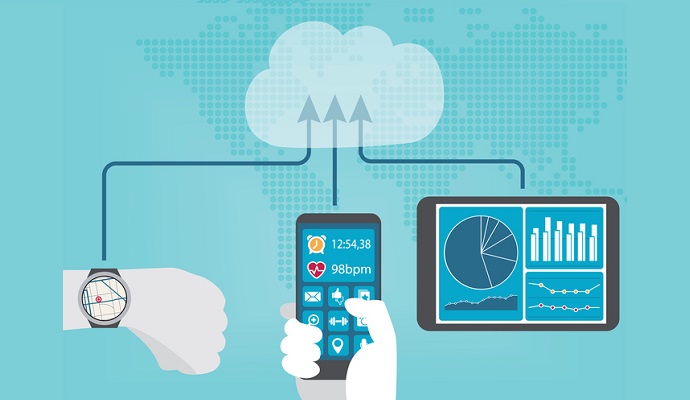NASA’s New mHealth Program Tracks Employee Health Through Wearables
NASA is partnering with Fitbit on a new program aimed at monitoring the health of 1,000 employees - including 150 astronauts - with mHealth wearables and a telehealth platform.

Source: ThinkStock
- NASA is launching an mHealth program to help its employees – including astronauts – identify and treat illnesses like COVID-19 as quickly as possible.
The organization is giving 1,000 employees at six locations across the country Fitbit Charge 4 wearables and access to a corresponding telehealth platform. In the pilot program, those employees will log their temperature and other health metrics and access resources that include identifying COVID-19 symptoms.
With evidence growing that mHealth wearables can spot early biometric signs of viruses like COVID-19, health systems, businesses, schools, police, fire and EMS companies and other organizations are using connected care platforms to monitor employees and staff in a bid to curb outbreaks.
Projects like these also have long-term implications. While most are being tested on COVID-19 now, telehealth advocates see a day when these types of platforms can be used to spot any irregular health trend, or to identify warning signs – either internally or externally – for people with chronic conditions or other health concerns.
“In light of the ongoing flu season and the global pandemic of COVID-19, we see enormous opportunity to enhance disease tracking for improved population health,” says Jennifer Radin, PhD, an epidemiologist at the Scripps Research Translational Institute who is studying how mHealth and telehealth can be applied to tracking people with infectious diseases. “One way to do this is to leverage and analyze the rich health data that’s already being collected by the millions of Americans who regularly use wearable devices.”
SRTI is also taking part in the All of Us Research Program, a massive effort launched in 2015 – well before COVID-19 was even seen – to gather personal health data from at least 1 million participants and use that data to develop programs that improve how diseases are tracked, treated and even prevented.
“Most of what researchers know is based on intermittent snapshots of health in an artificial setting or based on personal recall,” Steven Steinhubl, MD, a cardiologist and then-Director of Digital Medicine at SRTI, said in early 2019, when Fitbit joined that program. “Through this research program, we’ll have access to comprehensive activity, heart rate and sleep data that may help us better understand the relationship between lifestyle behaviors and health outcomes and what that means for patients on an individualized basis.”
With its Health Stabilization Program, NASA is using mHealth wearables not only to curb the spread of COVID-19, but give its employees a base to monitor daily health and wellness.
That program can be extended from the ground into space as well. Some 150 astronauts are taking part in the program.
